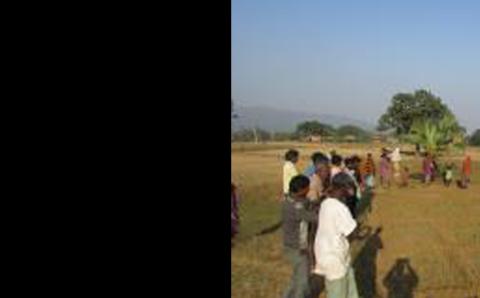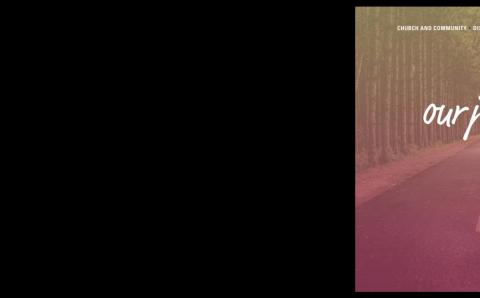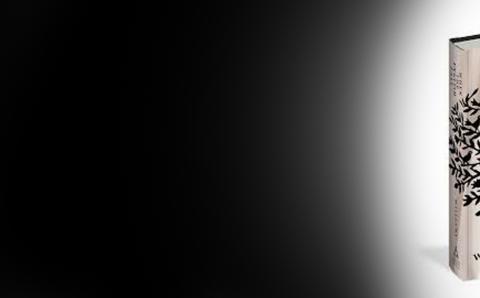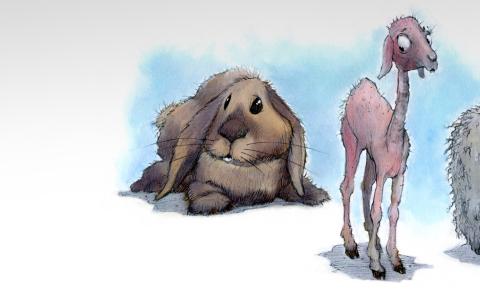From our earliest days, we are taught to distinguish. We learn fingers from toes, mom and dad from strangers, up from down, hot from cold. As we grow, in pursuit of hobbies, education, or professions, some of us will come to distinguish Marvel from DC, sine from cosine, John Williams from Hans Zimmer, hyphen from em dash.
This practice of distinguishing is rooted in the opening chapters of Scripture. God separates day from night, sky from water, water from land. Humanity’s care of the garden includes giving names to the abundance of creatures God has made. By attending to differences between an Australian silver oak and a Norway maple, or the lesser kudu and an American bison, we add our voices to Psalm 24’s declaration that “the earth is the Lord’s, and everything in it.”
Regrettably, we are not immune to misusing the call to distinguish. I have told ungodly jokes, mocking people of other ethnicities, genders, and abilities. I have been suspicious of rich people and dismissive of elderly people. Though an immigrant myself, I am often slow to build relationships with those who do not speak English as their native language. Instead of honoring the beauty of God’s image in others, I too often fall short. Perhaps you have too.
It’s at this point—when I distinguish between my godly and my ungodly behavior in uncomfortably specific ways—that I also encounter God’s grace. Article 29 of the Belgic Confession teaches us that true Christians can be distinguished by three qualities: their faith, their fleeing from sin, and their pursuit of righteousness.
Article 29 declares that our faith is rooted completely in “the blood, suffering, death, and obedience of the Lord Jesus.” Here is where I have found the practices of daily Scripture reading and prayer so helpful. As I repeatedly listen to the Spirit unfold the ongoing story of God’s grace, my faith begins to reverberate with awe at “how wide and long and high and deep is the love of Christ” (Eph. 3:18). What I discover is not only God’s love for me, but also how God repeatedly chooses to extend love and faithfulness to and through the least-expected people.
As we encounter the immensity of God’s grace in Jesus Christ, we also begin to see more clearly the “great weakness” remaining within us. The confession distinguishes Christians as those who flee sin, fighting “against it by the Spirit” every day. One of the more helpful daily patterns for me in this regard has been to pray alongside David: “Search me, God, and know my heart; test me and know my anxious thoughts. See if there is any offensive way in me, and lead me in the way everlasting” (Ps. 139:23-24). In this practice, I remember that the Spirit is the one who makes me whole and holy, and I am learning to “keep in step with the Spirit” (Gal. 5:25).
As the Spirit works in us, we pursue righteousness by loving “the true God and [our] neighbors without turning to the right or left.” We embrace this invitation into righteousness by becoming friends with those who are different than us and spending ourselves to see them flourish. As we do, we become distinguishable by our association with and love for others—imitating God, who sent Jesus Christ in love for the world. Ultimately, pursuing righteousness in restored relationships with others becomes a gateway to wondering: will we recognize the immensity of God’s grace, love, and faithfulness present within each person we encounter?
Questions for Discussion
- How do we sometimes misuse “the call to distinguish”? How do we recognize when we have crossed the line from godly ways of distinguishing to ungodly ways?
- What is your response to the idea of distinguishing a true Christian? Why?
- How helpful do you find the Belgic Confession’s marks of a true Christian, as explained by the article?
- What are some examples of personal encounters where you have seen God’s grace, love, and faithfulness in your life?
About the Author
Chris Schoon serves as the Director of Faith Formation Ministries for the Christian Reformed Church and is the author of Cultivating an Evangelistic Character (Wipf & Stock, 2018).









